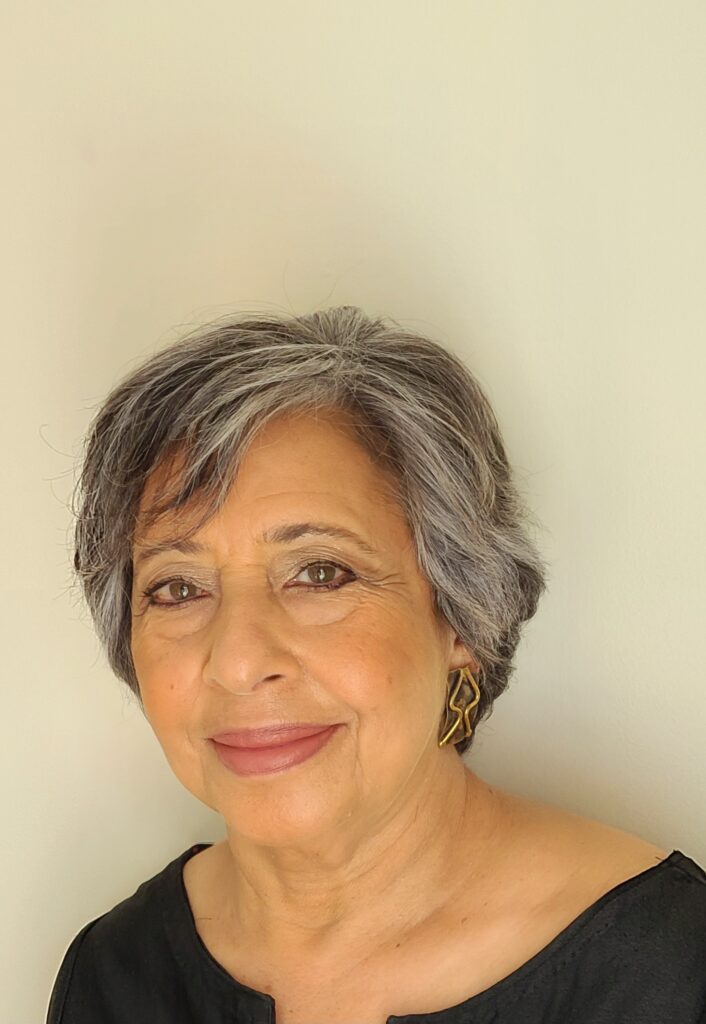In my therapy practice, I work with many high-achieving, professional women who quietly carry the weight of disorganization, self-doubt, and exhaustion. Outwardly, they seem in control, yet inside, they feel like they’re constantly falling behind. One question keeps surfacing:
“Could I have ADHD and not know it?”
The answer is more common than many realize. ADHD in women is often misunderstood, overlooked, and dismissed. Here’s why it matters: and what you need to know.
1. The Hidden Strain of Social Expectations
Women are expected to manage careers, households, families, and emotions, often all at once. When they struggle with focus, forgetfulness, or mental fatigue, they tend to blame themselves instead of considering a neurological explanation like ADHD.
Many women learn to mask their symptoms with perfectionism, overworking, or people-pleasing. While this helps them stay afloat, it often leads to deep emotional burnout and an inner narrative of shame.
2. Why ADHD Often Goes Unnoticed in Women
Most ADHD research and diagnostic criteria have traditionally been based on how the disorder presents in boys, focusing on external behaviours like impulsivity and hyperactivity. In contrast, women often experience symptoms like inattention, emotional sensitivity, and disorganization—internal challenges that are more easily mistaken for anxiety or stress. This leads to years of misdiagnosis, or no diagnosis at all. Many women don’t get answers until their usual coping tools begin to fail—often during times of increased pressure at work or home.
3. Workplace Bias Makes It Harder
In professional environments, women with undiagnosed ADHD face another hurdle: bias.
They may be judged less capable or too emotional compared to male colleagues. They’re often expected to be the organized and dependable ones. So, when ADHD symptoms show up as missed deadlines, scattered attention, or emotional overwhelm, they’re unfairly labelled.
“These women often push themselves harder to compensate, yet still live with the fear of being found out. This ongoing pressure erodes their confidence and takes a significant toll on their mental well-being.” “I was constantly being told I wasn’t detail-oriented enough, even though I was the one staying late every night to fix the errors others missed.”
4. Finding Relief in Recognition
Being diagnosed, or even just recognizing the signs, can be a turning point. For many women, it’s the first time their internal experience makes sense. It’s not a personal failing; it’s a brain-based difference.
As a psychotherapist, I can’t diagnose ADHD, but I can help clients understand their patterns, reclaim their energy, and build practical strategies that work with their minds instead of against them.
Start Learning More
If any of this resonates with you, you’re not alone. These are some excellent resources to begin exploring ADHD in women:
- How Gender Bias Leaves Women Undiagnosed
- BBC: Why Women May Wait Decades for an ADHD Diagnosis
- CHADD: Late Diagnosis in Women
- ACAMH: ADHD in Females
- Verywell Mind: ADHD in Boys vs. Girls
Need Support?
If you suspect ADHD might be part of your story, you’re not alone, and you’re not broken. Therapy can help you untangle long-held beliefs, reduce burnout, and work with your brain, not against it.
Feel free to contact me if you’d like to explore support or referrals.


0 Comments